Our Education System : too academic?
 Par
Jameela Jaddoo
Par
Jameela Jaddoo
 Par
Jameela Jaddoo
Par
Jameela Jaddoo
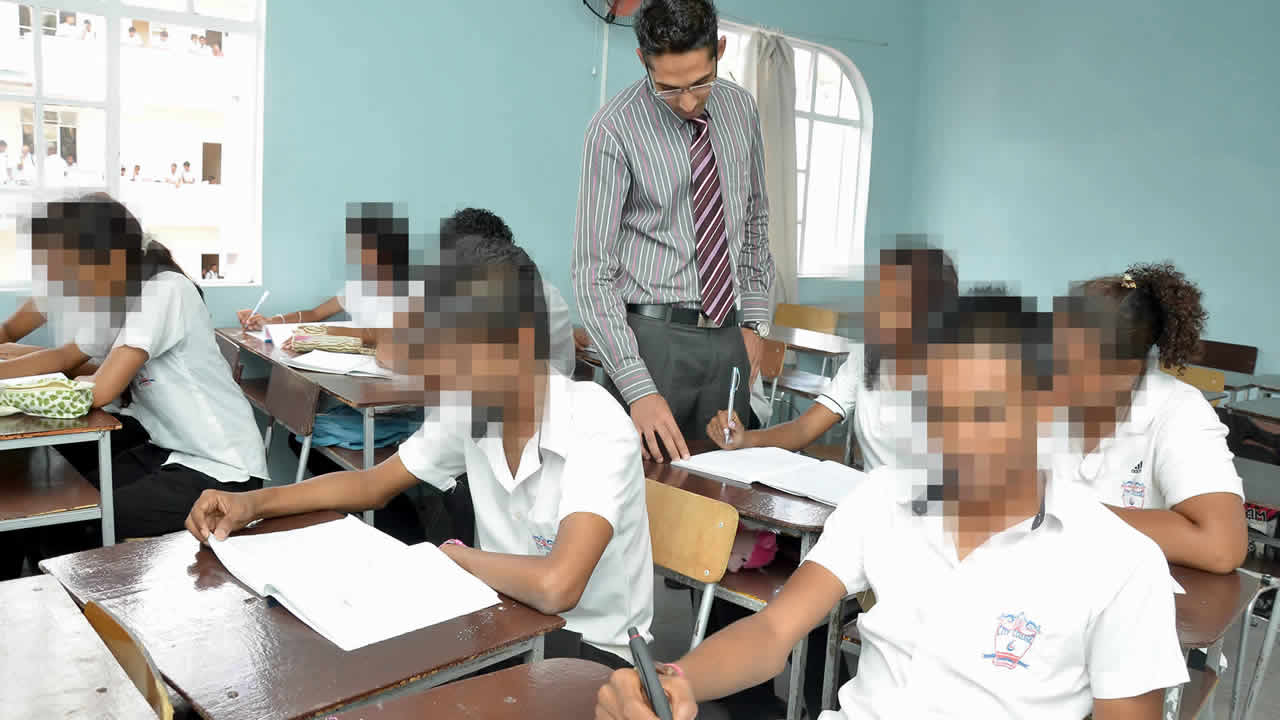
“All work and no play makes Jack a dull boy,” goes the saying that we have been hearing since childhood. But once children reach primary schooling, they enter a rat race competition and this maxim is not significant anymore. At secondary level, the scenario unfortunately worsens. Experts in the field voice out their concerns.
Is our education system too academic? Is it wrong? Are our children being overburdened? These are some questions that have often baffled both our education experts and parents. Our education system has, however, undergone several changes over the past years. We shifted from the ranking system to the adoption of PSAC recently. But still, the pressure on children to turn into high achievers is still a major concern.
The Government had introduced the Enhancement Programme as an alternative to private tuition for students in the primary, covering co-curricular and extra-curricular activities. But this measure failed and was later cancelled. Today, the time-table of a secondary student consists of purely academic subjects. How can our future generation develop their potential when what they do is mostly parrot learning to only pass their exams?
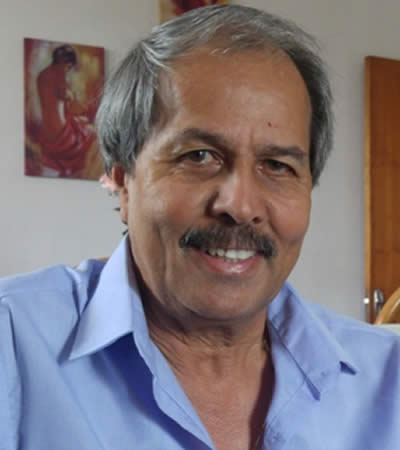 Jacques Mallier : “We do not have good policy to promote extra-curricular activities”
Jacques Mallier : “We do not have good policy to promote extra-curricular activities” Former rector Jacques Mallier argues that it is unfortunate that in Mauritius, we do not have a good policy to promote extra-curricular activities in schools despite the various reforms. “We should enquire who is to be blame for this situation? The main problem is lack of coordination among the authorities. The CPE has disappeared in view to reduce competition and promote holistic education. But in reality, the competition has remained the same.”
As he sees it, it is unfortunate that authorities have failed to see the advantages that extracurricular activities can have on the development of children. “Over the past years, we have witnessed a loss of interest among schools to participate in sports activities. Inter college competitions comprising enthusiastic students and budding sportsperson have disappeared.”
For Jacques Mallier, the authorities turn defensive by putting the blame squarely on the lack of infrastructure and lack of space, but these are simply lame reasons. “Long ago, cross-country activities were organized without the need for specialized fields. Besides, government institutions have the necessary infrastructure. If today our youth are turning towards other distractions such as drugs, alcohol or cigarettes, it’s because they do not have any other activities where they can find further gratification.”
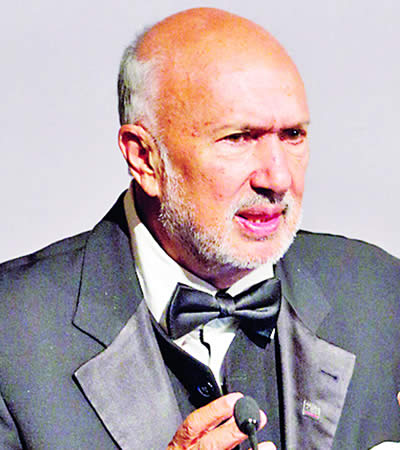 Dr Michael Atchia : “Academic education is considered to be superior”
Dr Michael Atchia : “Academic education is considered to be superior” Dr Michael Atchia claims that since 50 years, we have recognized this deficiency and have been moving from purely academic education with the creation of the Junior Technical Schools in the seventies. “This country has made great strides ever since, but hampered by a persistent attitude, mainly from parents, that academic education is somehow superior to the technical and technological ones. Children who do not succeed, that is children who are delinquents, drop-outs, or poor have not been given the opportunity to perform well; they may possess other skills or abilities but these have not been acknowledged in a strongly academic set-up.”
He argues that with the new balanced curricula both for primary and secondary, we can within next 10 years, provide all schools with first-class leadership (heads of schools and managers) with the best dedicated teachers one can find, ample resources and insistence on the highest level of discipline and achievement.
He believes that opening up education is about opening minds to new learning content and methods so that our young become more employable, creative, entrepreneurial, innovative. He lists that Mauritius should follow some key concepts to be able to shift from purely academic to an education which is practical and directly useful to learners. Some of the key concepts, as enumerated by him include: Learning by doing, experimentation, a spirit of innovation, developing a scientific temper, design-based approach and problem-solving approach. “We can train a new generation of Mauritian youth fostering an innovation mode: Thinking out of the box, developing and making new or improved ways to do something, which innovative way can be applied to any aspect of life. But to do that, the school environment itself must change, so must methods of teaching and learning; in other words, be more brain compatible, that is more likely to enable learning and development to take place.”
Moreover, he recommends the following: Flexible and modular open curricula, dynamic interaction and collaborative learning, drama, role-play, games used in the classrooms and an enriched school environment with colours, murals, music, art and sports.

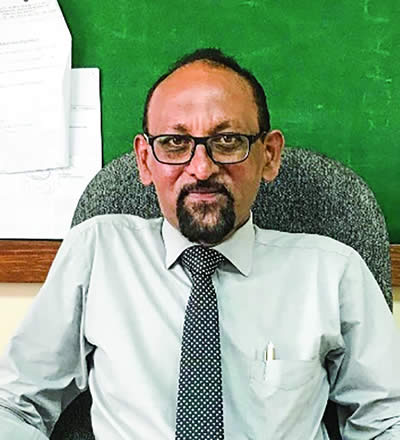 Soondress Sawmynaden : “We focus on academics because we have a competitive system”
Soondress Sawmynaden : “We focus on academics because we have a competitive system”The president of the Association of Rectors of State Colleges (Association des recteurs des collèges d’état) explains that we focus too much on the academic side because our system is very competitive. “Even with the Primary School Achievement Certificate (PSAC), there is competition as all parents and the children want to go to the best secondary school. The competition will be still going on when the child will sit for the Form 3 (Grade 9) national exams where he/she will be allocated an academia according to the exam results. In addition, he/she will later have to sit for the Higher School Certificate (HSC) and compete for the laureate scholarship. The competition is never ending. This is why we are stuck,” utters Soondress Sawmynaden.
He underlines that years ago, there were many literary clubs and youth clubs. “Today, with such competition, parents prefer to send their children to private tuitions. Not much time is left to dedicate to extracurricular activities. Also most of these clubs are nonexistent now. Joining a club allowed the social development of the child.” According to him, what is missing in our system is the evaluation of the potential of students. “As each child has his/her own potential, our system should allow us to evaluate it and thus help the child to choose the area of study which is more suitable for him/her. I also trust that we should remove the PSAC system and instead allow the child to pursue his secondary education automatically but with a special support dedicated to children who have difficulties in their studies,” explains Soondress Sawmynaden.
He trusts that emphasis should be laid on subjects such as music, dance, arts, theatre, sports especially for children who have academic difficulties. “There are many countries which have removed the examination system. Students are evaluated on projects, group works, and problem solving activities among others.
This system allows for the empowerment and development of skills such as thinking skills, problem solving skills, and critical skills. The Mauritian government should think in this way, as we are living in a fast developing world.” He adds that the rat race at school added with private tuition is a real torture for the children. “Our children do no more have time to enjoy their youth as they are so engrossed in this competitive system. Our values are also suffering. It is the future of our country which is at stake as we will depend on these youths for the progress of our country. The nation’s future will be dark if we fail them.”

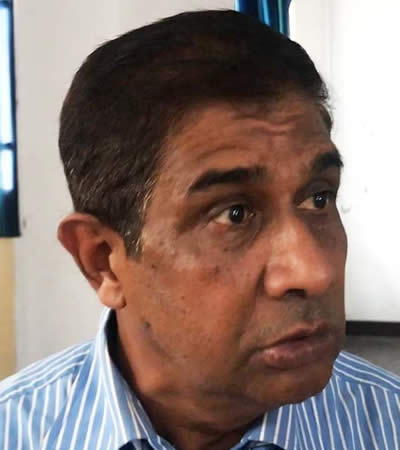 Bhojeparsad Jhugdamby : “We need an education system oriented towards the job market”
Bhojeparsad Jhugdamby : “We need an education system oriented towards the job market”The president of the Union of Private Secondary Education Employees (UPSEE) utters that our education system is a colonial heritage. “For example, China has an education system of its own. It is at secondary level, which starts at Grade 9 (Form 3), that they then decide their area of studies whether they will be opting for technical, arts, economic side, among others. What we need in Mauritius is a system oriented towards the job market. The Government and the private sector should work together to develop such an education system. Thus, they will be able to devise which subject is necessary for which working field, for example, devise courses and training which will encourage and prepare our youth for jobs in various sectors.”
Bhojeparsad Jhugdamby utters that there are also not many job prospects in Mauritius for certain subject areas. “If someone studies Maths or languages, he/she will only get a job as an educator. How many will be able to become a linguist? Our government always has had a traditional vision.”
“The Government should lay emphasis on the development of skills and thus develop more industries like textile, crafts, jewellery making, among others. We need schools for artisanal and crafts, which will enable our youth to work in promising fields,” he says.
The President of UPSEE underlines that the Government and the different stakeholders should first examine the career prospects and job market before developing and implementing any education system and curriculum. “Unfortunately decisions taken in the country are very much politicised. This is why it seems impossible to come up with a new system which will go against what has been established. For me, the PSAC examination is just a change of name. Everything has remained the same,” he explains.
Bhojeparsad Jhugdamby trusts we need is a profound change in our education system. “We need to focus on the all-round development of our children and a system which will provide early training for the future job market. We also need an avant-garde government which focuses on the future of our children and encourages the development of subject areas where there are endless prospects. We need a profound and real change in our education system. We need to focus on practical and hands-on activities. We need a balance between these, as we focus too much on academia.”
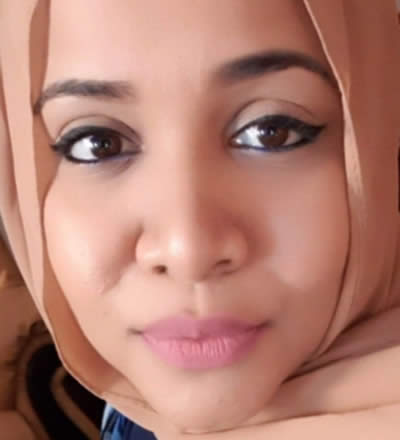 Saziana Tegaully : “We live in an era where average grades are perceived as deficient”
Saziana Tegaully : “We live in an era where average grades are perceived as deficient”Pivate primary school teacher, Saziana Teagually states that our educational system is not allowing the inclusive development of our children. “With the various changes over the past few years, no wonder the constraint on children to achieve high levels of academic success is ruling the joys of education and making kids depressed. Schools are supposed to develop skills and capabilities while encouraging our kids to ‘think differently’ and maximize their abilities. We, unfortunately, live in an era where achieving average grades or performance is seen as deficient. Parents, desperately, want their child to be above average.”
The private teacher underlines that there is nothing wrong with being average. “Average means our kids have strengths in some areas and weaknesses in others. It means there are going to be days when school is easy, and others where they have to dig in and work hard. Being average is not a guarantee of failure, and having above-average test scores or grades doesn’t guarantee success.” Unfortunately, argues Saziana Tegaully, our educational system is expecting all the contrary. “The system, though it’s been changed to allow kids to have a better future as per se, is in fact expecting children to work much harder nowadays to get into the top ten percent of a class or earn the coveted ‘above average’ label. Once the kid achieves that level, the latter is kept in the race or if not is, unfortunately, ‘put aside’ after being considered as ‘not brilliant enough’ for a better future.”
She explains that children must be enthusiastic to go to school and that studying must be fun. “With fun comes ease and with ease comes confidence. Lack of confidence is affecting our kids’ performance. The entire class should be able to go out in the open to visit places and institutions at least once or twice a week; where our youngsters will be given the opportunity to experience real life situations they don’t see in the class and in books. This is already being followed in some other countries. This helps children tremendously into developing a spirit of exploration that later turns into fruitful research capability and contribution to the economy and society.”
 J'aime
J'aime